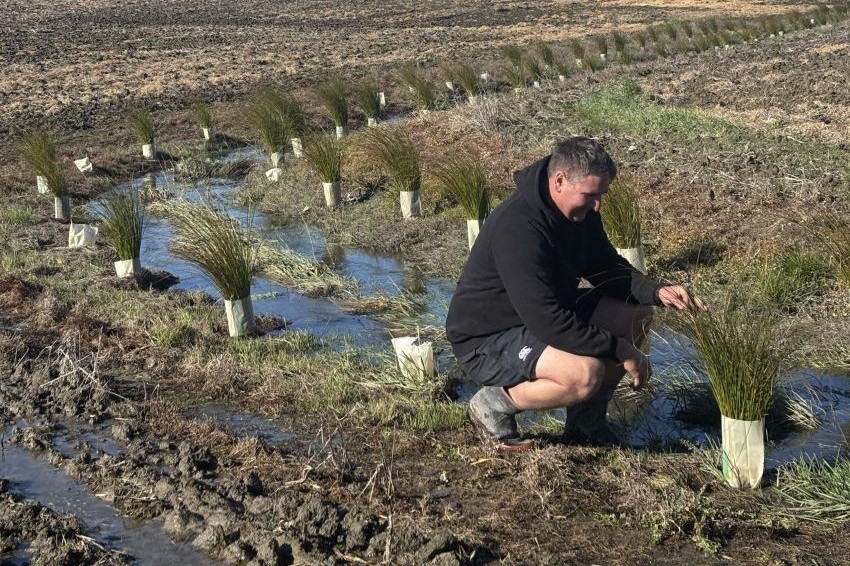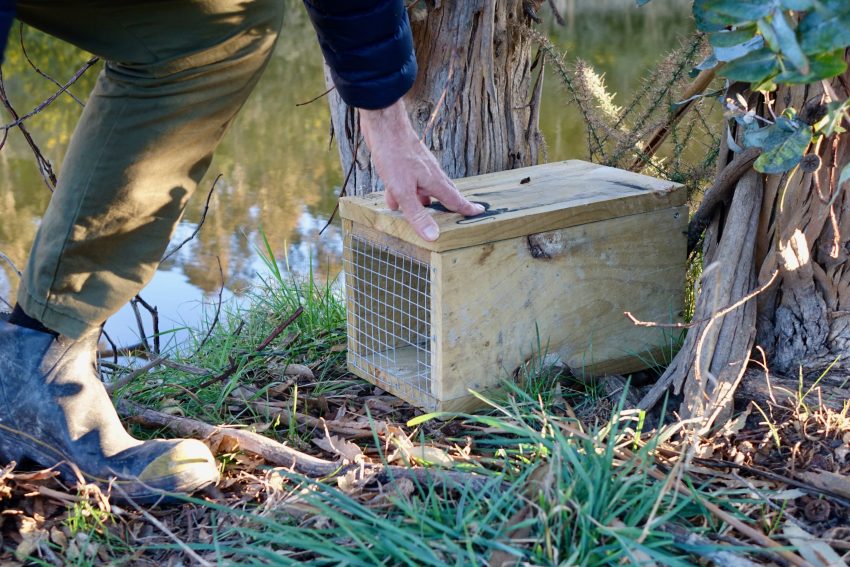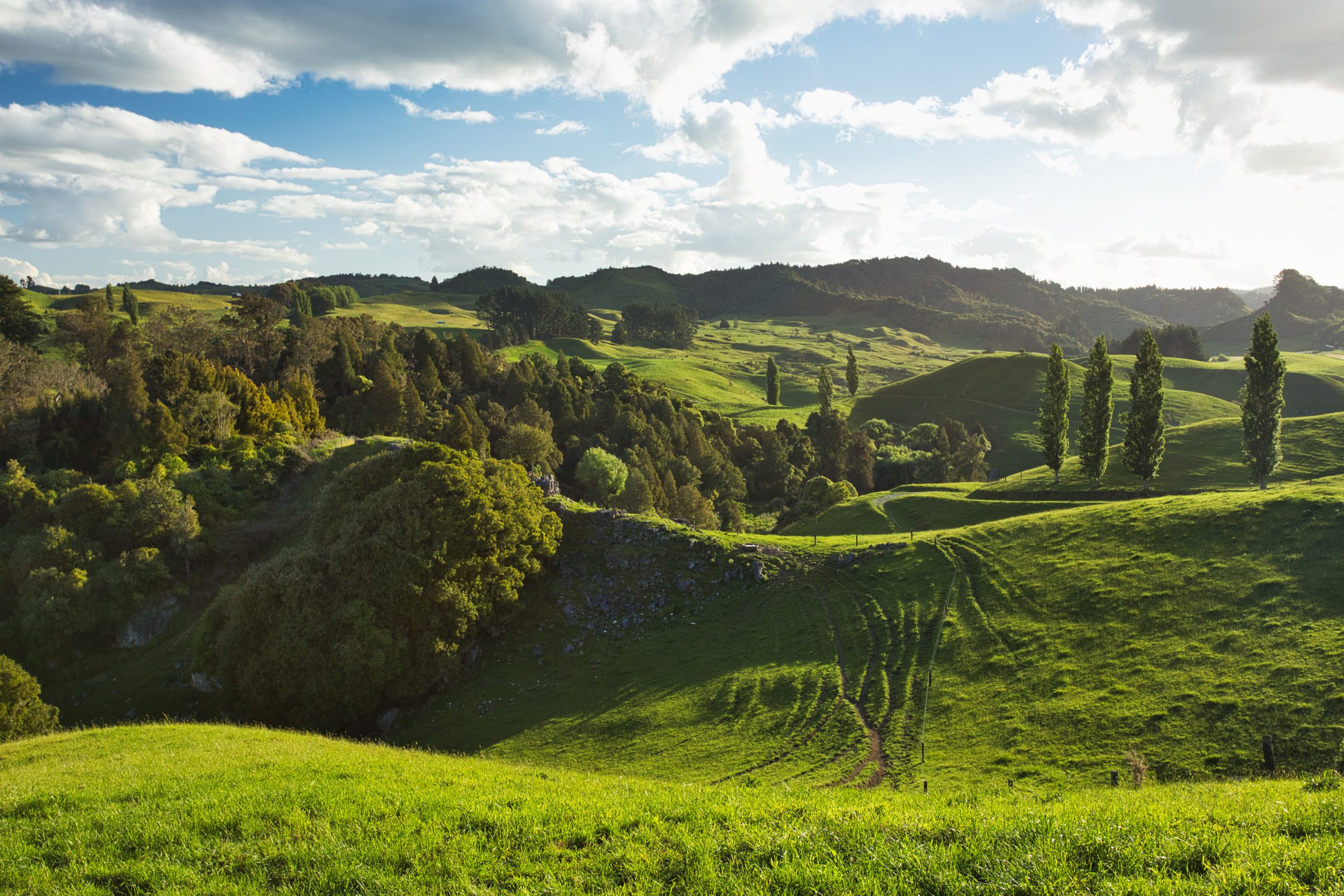Lynda Gray
Are you getting your submission on the Government’s proposed Essential Freshwater package sorted?
The deadline is October 30, it’s a tight timeframe that’s annoyed lots of farmers but Mark Adams says it’s a good thing.
“It’s focused the minds and energy of a lot of farmers. We’re engaged and we need to translate our feelings and concerns into a submission.”
That’s more likely to happen with a looming deadline; if the close-off was pushed out it’s likely that farmers would put the job on the backburner and possibly forget to make a submission.
‘It’s important that we convey why it is that we choose to farm and the connections we have with the land and our community.’
Adams, a Fairlie sheep and beef farmer, is a member of B+LNZ’s Environmental Reference Group, chairman of the South Canterbury Rural Support Trust, and a former provincial president of Federated Farmers. These overlapping roles have put him in the thick of some contentious farming issues.
“I’ve ended up working alongside people who are professionals in the writing and drafting of policies so when it came to write my own submission it was daunting because I had this expectation of how I should be writing it. I had to let that go and find my own voice.”
The submission he refers to is ECan’s Plan Change 7.
“I spent a lot of time encouraging individual farmers and groups to submit, so much so that I only had a couple of hours to write my own. It wasn’t sophisticated but I said what I needed, got it in and I’m now in the system.”
The ‘S’ word is a turn-off to many farmers because they feel they’re not expert enough to contribute, and don’t have the facts and figures to support a pitch.
“I say don’t worry about getting your pitch ‘wrong’. Sit down and write from the heart about what the changes will mean for your farming business, and how it will affect you from a land stewardship and succession point of view.”
His other top tips are to:
Read the background information from B+LNZ
Talk and brainstorm with other farmers you respect
Be brief and cut to the chase.
What helped him during the ECan submission process was putting himself in the shoes of the policy-makers who will be ploughing their way through thousands of submissions.
“It’s important to realise that most of these people have very little expertise in farming and they need help in understanding what we do. Also, it’s important that we convey why it is that we choose to farm and the connections we have with the land and our community.”
Is the time and effort of writing a submission worth it?
Yes.
“It takes a lot of reading and time management, but I’ve found the process of engaging with these policies has made me better informed and given me more confidence with my decision making.”
Did I mention that submissions close on October 30?
Just saying.




